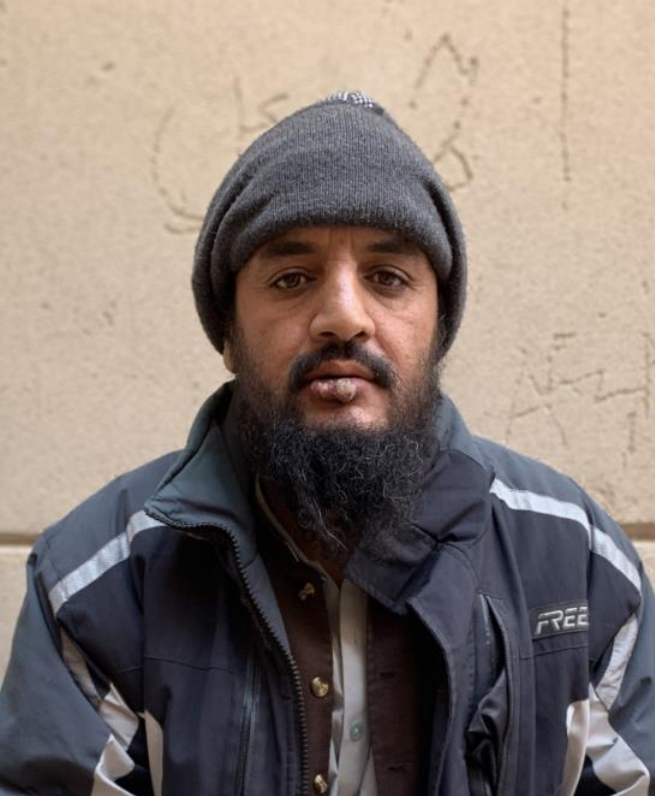Niamat Ulla, 39, is originally from Chaman, a mountainous area in Balochistan bordering Afghanistan. Eight years ago, after violence broke out in his hometown, he was forced to leave and move to Quetta together with his wife, three sons, and seven daughters.

The disease can also leave mental scars. Extensive, unsightly lesions and scars on exposed body parts caused by the infection often lead to social stigmatization and can cause anxiety and depression in patients. For this reason, mental health services are also available at MSF’s CL centre.
“I felt so hopeless and thought I would never recover. So, I started seeing the psychologist. He encouraged me and gave me hope that I will get well soon. I would go in with a heavy heart and after the session, feeling that my mind had become so light,” says Niamat.
“With each injection, I started getting better. Peace slowly returned to the family who had also been severely affected by these lesions and by all the talk about CL leading to cancer. My whole family had been distressed. Now, thanks to MSF’s treatment and the lesions disappearing, they started living again’’.
“It is important to give people who suffer from CL time to recover instead of isolating them,” says Abdul Malik, MSF’s mental health supervisor since 2015, supervising a five-member team providing mental health support to patients who suffer due to stigmatization and social exclusion.
“CL patients need mental health support as well, not just medical attention. Restoring acceptance from society is crucial to restarting their lives. People who suffer from CL see their future as blurred and often lose interest in their lives. We have seen many cases like Niamat, who suffered as a result of people’s gossip. Social exclusion has financial implications since often CL patients stop going to work”.
“Young people are particularly vulnerable. I remember a girl who came to our facility for treatment. She was distressed about her prospects: she believed only an old man would marry her because none of the young men of her age would want of her on account of her looks. Similarly, another woman took to living in a separate room in her house to hide her appearance. People have no idea how devastating this disease can be; this is not a contagious disease, but it can get really bad depending on how people around you behave”.
“At MSF, we provide mental health support systematically. We offer three to five sessions for the patients depending on needs. This helps patients express themselves and allows us to understand what is causing the mental distress.”
“In the case of Niamat, we carried out five sessions. It was great to see how he had regained his confidence together with his looks after just a few weeks. Offering our attention and actively listening to CL patients can go a long way in helping. Unfortunately, our society often makes a joke of them without knowing the consequences. More needs to be done to raise awareness about CL, a curable and non-contagious disease,” Abdul added.
MSF has been offering CL services in Pakistan since 2008. Presently it runs five CL diagnostic and treatment centres in collaboration with the health authorities: three in Quetta district of Balochistan: Kuchlak health centre, Mohtarma Shaheed Benazir Bhutto General Hospital and Bolan Medical Complex Hospital and two in Khyber Pakhtunkhwa: in Bannu’s Khalifa Nawaz Gul teaching hospital, and in Peshawar Governmental Naseer Ullah Khan Babar Memorial Hospital with a satellite treatment centre in Rural Health Unit in Badaber.
-
Related:
- Cutaneous leishmaniasis
- MSF in Pakistan












